Arterial hypertension is one of the most common diagnoses in the world and in Georgia as well.
In most cases, it arises and progresses independently of other diseases and is referred to as primary, essential, or idiopathic hypertension.
In approximately 15% of cases, hypertension is secondary. That is, there is a cause behind it in the form of a different disease.
This percentage is higher in the age group under 40, at 30%. In the case of children, it even rises to 50%.
Causes of secondary arterial hypertension mainly include kidney diseases, vascular lesions, and endocrine pathologies.
Differentiating secondary hypertension from the idiopathic form is of great clinical importance, as specific intervention against the underlying disease is necessary, ტhis includes both surgical and medical treatment, often providing the opportunity to cure hypertension.
Managing hypertension is essential to protect against its complications, such as heart damage, kidney failure, and stroke.
Endocrine arterial hypertension
Hypertension can be a symptom of up to 15 endocrine diseases.
The adrenal gland and its hormones are most often involved in the process. Of these, primary aldosteronism is most often suspected.
Primary aldosteronism
This condition is associated with excessive production of the hormone aldosterone by the adrenal glands. The cascade of changes that occur in the body as a result of this disorder leads to the development of arterial hypertension.
Previously considered a rare disease, it has not received much attention. However, today it is the leading cause of secondary hypertension, accounting for 5-10% of all cases of hypertension.
The disease is most often diagnosed in people between the ages of 30 and 60.
In terms of symptomatic manifestations, arterial hypertension is clearly the leading one, which can be both mild and very severe.
In a certain proportion of cases, primary aldosteronism is accompanied by a decrease in potassium levels in the blood, and in such cases, symptoms of hypokalemia may also occur: frequent urination (including at night), muscle weakness, cramps, paresthesias.
Pheochromocytoma and paraganglioma
These are rare neuroendocrine tumors that can develop in the adrenal gland or in various locations along the nerve plexus.
Symptomatic presentation is variable and ranges from the absence of symptoms to the development of life-threatening acute conditions.
The classic symptomatic triad is severe headache, profuse sweating, rapid heartbeat. The manifestation of these symptoms has the character of an attack, it occurs suddenly and lasts from a few minutes to 1 hour. The frequency of episodes can be several per day or several per month.
Arterial hypertension also has a critical acute nature and often ends with myocardial infarction, stroke, and acute heart failure.
Cushing's syndrome
In this case, the main protagonist is the hormone cortisol, which is also produced by the adrenal glands.
Causes that cause excessive cortisol production and accompanying arterial hypertension are: pituitary adenoma, adrenal gland tumors or their enlargement (hyperplasia), as well as taking glucocorticoid drugs.
Thyroid dysfunctions
High blood pressure can be caused by both an excess of thyroid hormones, as well as their reduced production and deficiency in the body.
DIABETES MELLITUS
In addition to the fact that diabetes mellitus and primary arterial hypertension share many common risk factors and the two diagnoses often overlap, disorders related to diabetes can themselves cause hypertension.
Insulin resistance, high blood glucose levels, and kidney damage due to diabetic nephropathy are factors that predispose to the development of secondary hypertension in diabetes.
Hyperparathyroidism
The parathyroid glands control the levels of calcium and phosphorus in the blood.
Its excessive secretion of parathyroid hormone is associated with secondary arterial hypertension. The exact mechanism is unknown, but it is likely that the increased calcium content in the blood is the direct cause, which may lead to an increase in blood pressure.
Obesity
Weight gain causes a number of changes in the body.
An excess of various hormones, overactivation of the sympathetic nervous system, impact on blood pressure regulatory mechanisms, increased strain on the kidneys, and insulin resistance lead to the development of arterial hypertension.
However, obesity is often considered not as a cause of secondary hypertension, but as a risk factor for primary hypertension.
Non-endocrine causes of secondary hypertension
- Polycystic kidney disease
- Renovascular hypertension
- Obstructive sleep apnea
- Coarctation of the aorta
Secondary hypertension research criteria
It is advisable to suspect secondary hypertension and conduct diagnostic studies in the following cases:
- Early development of hypertension at the age of less than 30 years, when its risk factors (family history, obesity, etc.) are not present.
- Sudden and severe arterial hypertension
- If arterial hypertension is stably higher than 150/100 mm Hg
- If hypertension (>140/90 mm Hg) is not responsive to treatment with three antihypertensive medications, including a diuretic
- In controlled hypertension (<140/90 mm Hg) when four or more classes of antihypertensive drugs are prescribed
- When hypertension is accompanied by spontaneous or diuretic-induced hypokalemia
- Hypertension and adrenal incidentaloma
- Hypertension and obstructive sleep apnea
- Hypertension and family history of hypertension at a young age (less than 40 years) and cardiovascular mortality
- First-degree relatives of a patient diagnosed with primary aldosteronism who have hypertension.
Author: Elga Giorgadze (MD of Endocrinology)

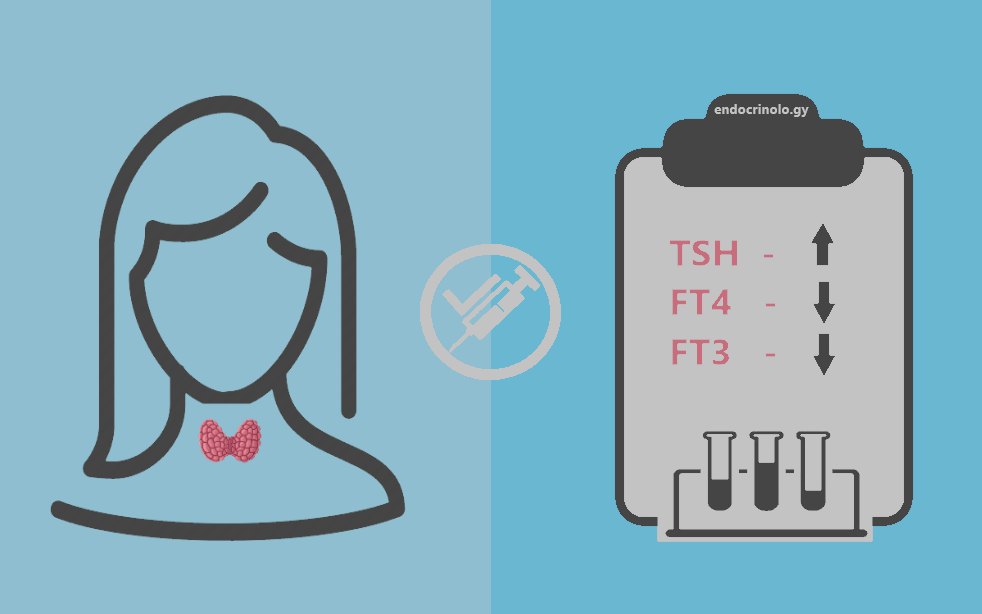
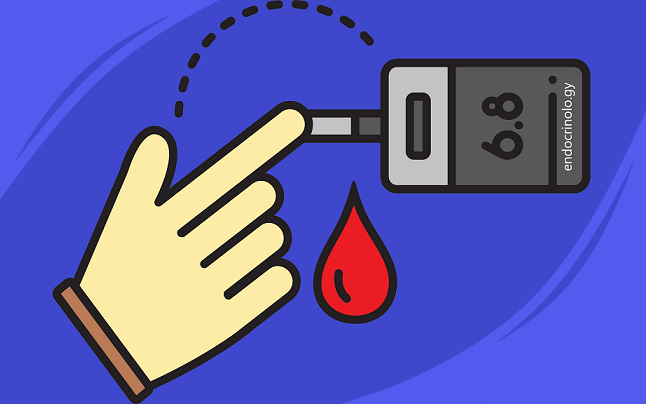
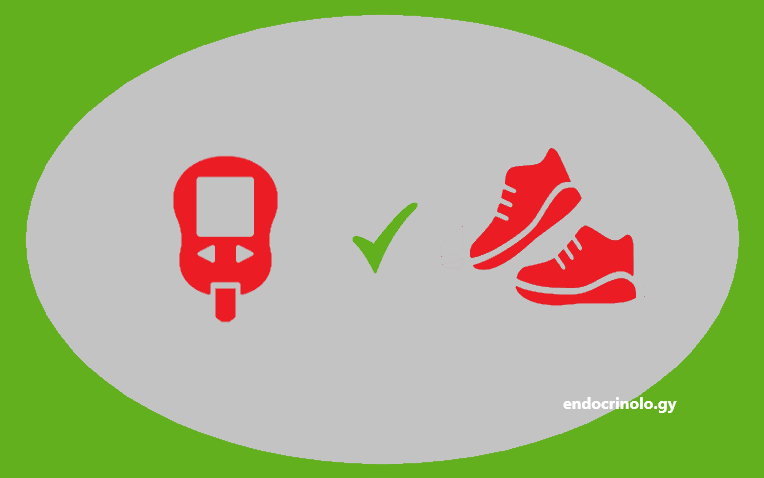

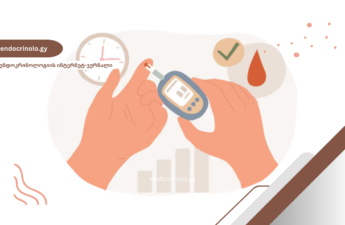
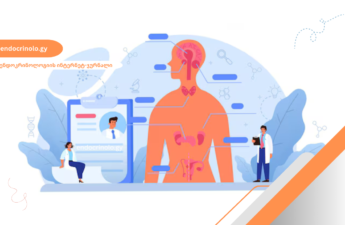
okiebetlogin seems like a new player on the scene. The site is easy to navigate. Let’s see if Lady Luck is on my side. Check them out and try your luck: okiebetlogin
Been playing pk111game recently, enjoying it so far, simple fun gameplay. Plus withdrawals have been fine pk111game
Hey folks, tried goplaybet the other day. Pretty smooth experience, decent selection of games. Might become my new go-to. Give it a whirl: goplaybet